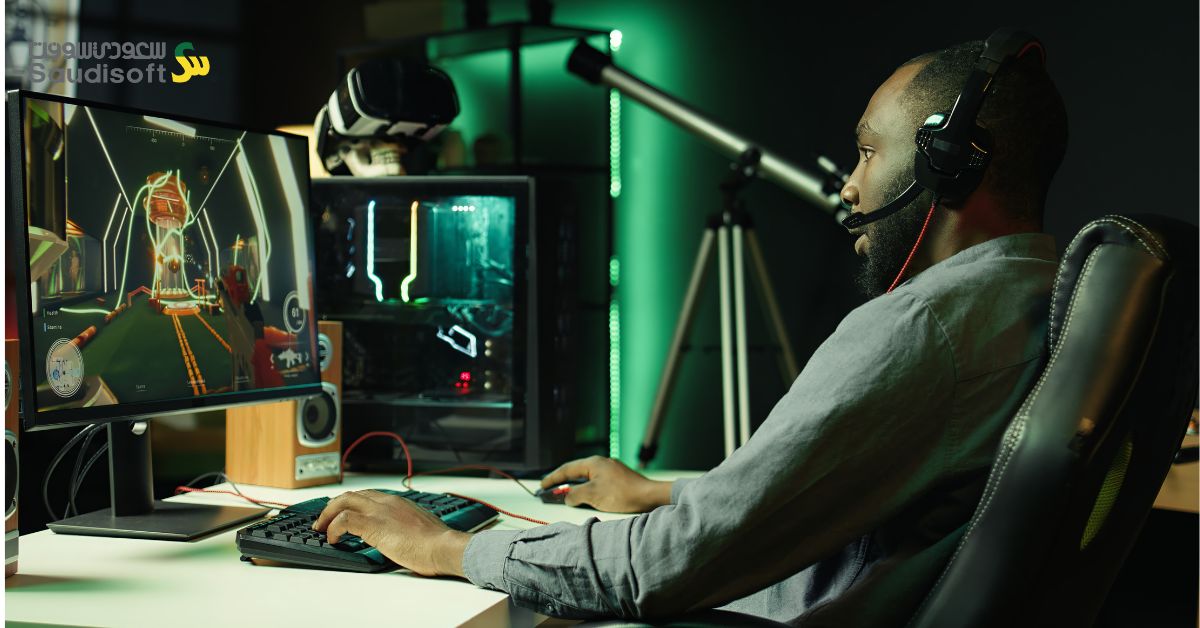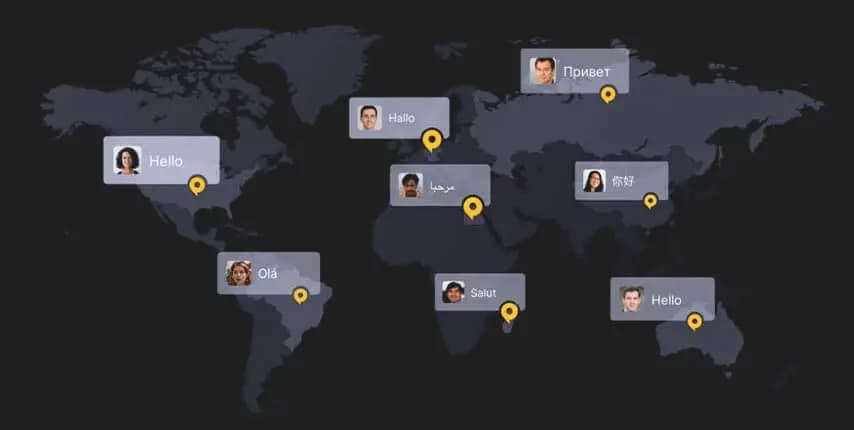eSports in the Middle East
The global pandemic has not fundamentally changed the eSports market, it rather impacted some aspects of its development due to the ongoing safety measures. The first half of 2020 witnessed a peak in growth of the gaming market in terms of spending due to the fact that it is becoming a means of escapism, entertainment and interacting with family and friends. It is possible that a percentage of the consumers may play and spend less after the pandemic, but the signs are pointing to the significant growth in both engagement and revenue being permanent.
Social and physical engagement
In terms of online social engagement and reach, the news media outlets within Middle East countries including Saudi Arabia and United Arab Emirates have mentioned the term “eSports” in more than 4,000 news articles. This is a 107% increase in the total media exposure in comparison to 2019. Also, “eSports” has been used as a keyword consistently since January 2021 on social media platforms with over 100,000 mentions in the Middle East.
As for the offline physical engagement, eSports has been seeing significant growth in communities in terms of specialised events on the Middle East grounds and for Middle Eastern players. For example:
- Anubis Gaming, one of the most popular eSports organizations in Egypt and the Middle East had Egyptian eSports athletes who represented Egypt in the Intel Arabian Cup (a tournament organized by Riot Games, Intel, and Lenovo). The team competed with teams from around the globe and won first place.
- ESL (Electronic Sports League), one of the biggest organisers in eSports on an international level, are planning to expand their reach in the Middle East due to the riding wave of eSports currently happening. (Mercedes-Benz renewed its partnership with ESL as their global mobility partner).
- Middle East Games Con hosted by the Gulf Cooperation Council (GCC) during October 2020, took place online due to Covid-19. It was originally planned for Abu Dhabi National Exhibition Centre but still managed to attract gamers globally.
- Riot Games launched League of Legends: Wild Rift for Middle Eastern gamers as an eSports tournament. The finale took place offline during September 2021 in Beijing Olympic Sports Center as a part of Esports Beijing 2021.
Revenue
In terms of revenue, according to Strategy& Middle East, the gaming industry is currently worth $129 billion with an estimate of 2.5 billion gamers all over the world. Speaking of revenue figures, this is more than the annual worldwide box office, annual music streaming and album sales combined with the annual take of the top five wealthiest sports leagues.
Revenue opportunities for Telecommunications industry
A growing gaming market means more data consumption thus an opportunity for Telecom operators in the Gulf region to diversify their portfolio by getting deeper into the world of gaming:
- Activision partnered with STC (Saudi Telecom Company) and introduced dedicated Call of Duty servers for the Middle East, hosted in Riyadh and Jeddah.
- Zain Group, the Kuwaiti Telecom Company, launched Zain eSports. In collaboration with EA Sports, Zain began its eSports journey by hosting the FIFA 2020 tournament in December 2020.
Revenue opportunities for Investors
This industry introduced endless investment and venture opportunities which lie in the eSports teams, players, leagues, competition hosting, streaming services, advertising and sponsorship:
- According to Nasdaq, the video game industry is now reportedly bigger than both sports and movies combined. Gamers spend more than $100 billion a year on virtual assets and currencies—five times the size of the global music industry.
- Social tokens: eSports organizations, gamers and streamers are launching their own social tokens to strengthen engagement with their fans. For example, DownToQuest on Twitch offers tokens that allow fans to purchase merchandise at discounted coin values.
Fastest-growing country in the Middle East in the eSports market
Saudi Arabia is one of the fastest-growing countries in the gaming and eSports markets and is soon to be the gaming industry’s hotspot. Here are some reasons why:
- The rapid growth of eSports and the gaming market is fueled by a goal to become the gaming capital in the Gulf region.
- Due to cultural openness, brands like Intel, Microsoft, Acer are focusing on the Saudi market. Acer recorded a 94% growth in its PC gaming portfolio in 2020, with 64% of the growth in the Middle East.
- The region’s demographics: half of the population is under 25, fueling gaming adoption.
- The ultra-fast Fibre-to-the-Home (FTTH) broadband networks and 5G provided by Telecom operators guarantee low latency and high-speed experiences, essential for eSports competition hosting.
So, is eSports rising in the Middle East? Definitely—Game On.
It is not only rising, but becoming a mainstream culture. The gaming industry is real, growing on a global scale and holds monetization opportunities. If you are in the gaming industry and are planning on joining the sector’s explosive growth,
reach out to our localization experts.









